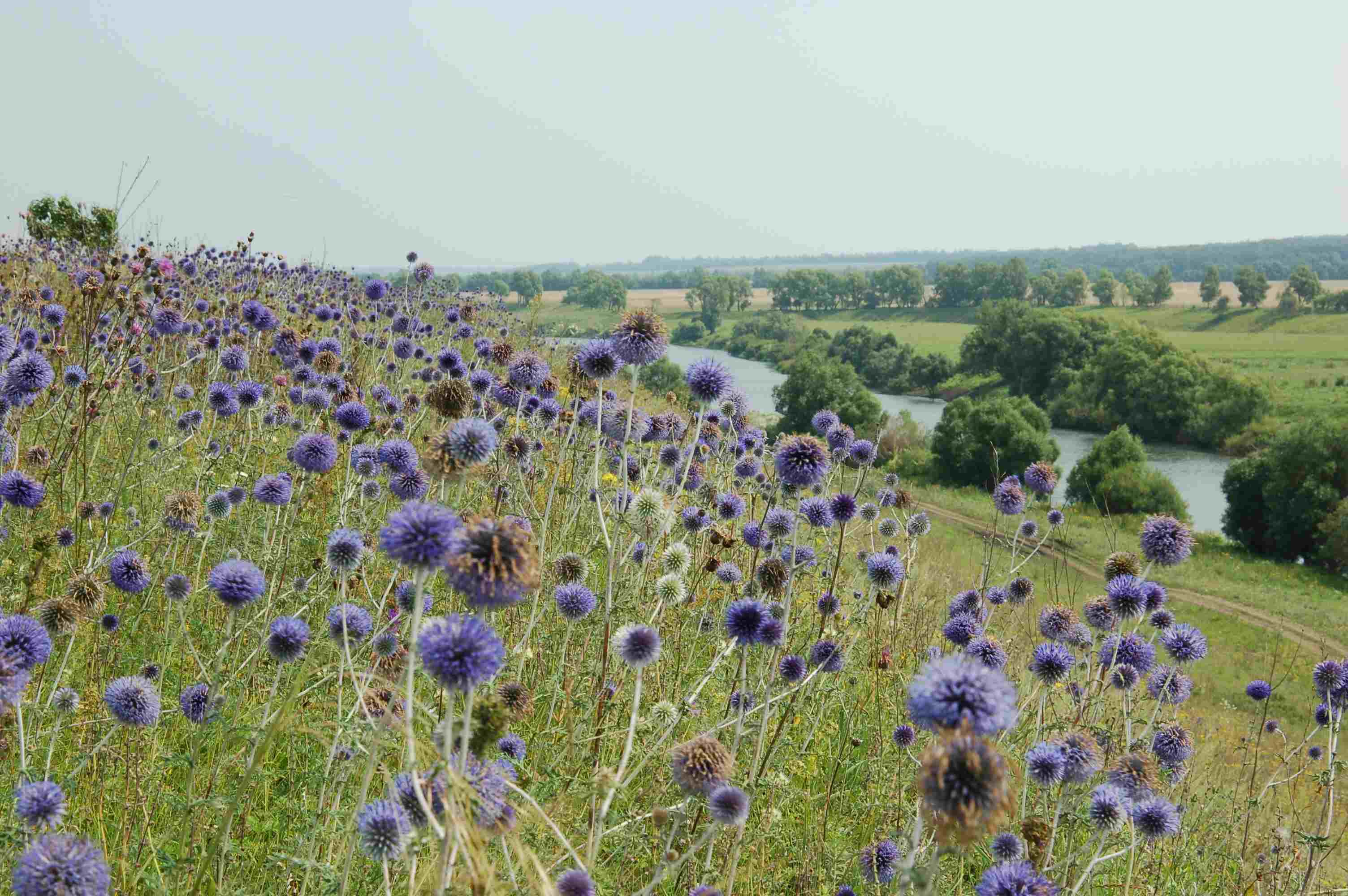Located approximately 200 kms west of Moscow, the Kaluga region (Kalougskaya Oblast) provides a fertile terrain for agriculture, given its small hills and rivers as well as its ideal location in the heart of Western Russia. The region is also known for its automobile industry.
Swiss investors began showing interest in this region as of the late 1990s, when the SDC (Swiss Agency for Development and Cooperation) allocated a micro-credit fund to small-scale Russian entrepreneurs.
A significant portion of these micro-credits (between CHF 5,000 and 50,000) was invested in the Kaluga region at that point. Later on, a few Swiss farmers who were confronted by the serious agriculture crisis at home moved to the area encouraged by the Swiss Embassy. It should be noted that Kaluga provides extraordinary prospects in terms of scale. A small Swiss colony in Kaluga was therefore founded, best exemplified by 3 Swiss farmers who launched a dairy farm and cheese production operation in 2002-2003 that employs a staff of 50 workers. Other Swiss immigrants opened a pork farm and a bakery.
The progressive emigration of Swiss nationals to Kaluga has generated interest from the Swiss entrepreneurial sector. Ronald M. Meier with René Meier, previously an executive at Nestlé, designed a bold concept called RosAgro. “The idea was to benefit from Swiss emigration to the area and make the transition to production on an industrial level by creating an industrial complex”, recalled Nicolas Rouiller, a partner in Lausanne’s MCE Avocats firm who acted as RosAgro’s legal representative at the time. Mr Rouillet affirms that, “RosAgro focused on two main goals; helping Swiss farmers move to the region and creating an industrial complex by modernising existing infrastructure to refine agricultural products at source.” The complex was projected to span an area of 5,000 hectares.
Local authorities supported the project and the complex was inaugurated in April, 2004.
The early days initially seemed promising, but major problems soon became apparent. “The first difficulty RosAgro faced was the issue of land ownership”, said Nicolas Rouiller. “Just as is the case elsewhere in Russia, the privatisation of land which stemmed from the nation’s economic reforms in the early 1990s led to major problems in developing farming on a broader scale”.
The fact is that each worker received a plot of land to farm in the Kolkhoze, which resulted in significantly scattered ownership of properties. Therefore, RosAgro had to begin by convincing landowners to relinquish their plots in order to establish any kind of largescale agricultural production.
The biggest problem the company faced was buying back land from local farmers, which proved to be far more complicated than RosAgro had expected.
Firstly, reaching an agreement with each small landowner was a long and arduous task. In many cases it was literally impossible to legally verify the rightful property owner among the various parties that claimed a particular parcel of land. Endless litigation followed and the legal obstacles seemed virtually insurmountable. Recruiting skilled labour was the second big challenge RosAgro faced. The Soviet Era has left its mark on the labour pool as well - the few men fit to work are specialised in performing very specific tasks. In other words, they are tractor drivers or caretakers but are often incapable of performing other tasks.
Some investors got cold feet when faced with these difficulties and withdrew from the project, which was eventually abandoned.
One of the principal challenges agriculture in Russia presents is the lack of qualified labour. In November, 2005 René Meier created the Siratec Fund, a non-profit organisation focused on agricultural training programmes and assisting Swiss nationals in moving to the region.
Although RosAgro has been abandoned, a new project called NovyFarm is underway in Kaluga. The company behind it – which goes by the same name and is based in Zurich – aims to develop organic agriculture production in Russia based on their experience in Europe. NovyFarm plans to hire European farmers and specialists along with local labourers, thereby making it an innovative project in Russia. Ronald M. Meier, NovyFarm’s Vice-President of the Board of Directors explained that, “We started with the premise that the demand for a higher quality of products will rise in large Russian cities like Moscow and St. Petersburg but that quality produce virtually all has to come in from abroad at this point. NovyFarm is proposing to provide Russian consumers with prime organic produce grown on Russian land”.
The founders of the pilot project would like to see it expand to other parts of Russia as a franchise in the long term and expect to begin production in Spring, 2012. “We are still in the initial stages at the moment; we’re negotiating terms with potential investors and partners”, stated Ronald M. Meier, explaining that RosAgro’s failure was due to the project’s overly ambitious scale. “We truly believe that the NovyFarm project is feasible.
We already have concrete proposals for the land and have the support of local authorities as well as established contacts with retailers to distribute our produce in the nation’s capital. The chances for the project to be successful have therefore risen considerably.”
The organisation’s Chairman of the Board is none other than the influential Dr. Walter Fetscherin, previously the Swiss Ambassador to Russia and President of the JCC (Joint Chambers of Commerce Switzerland-CIS). Ronald M.
Meier asserts that the business should show a profit in the next four to six years if all proceeds according to plan.













